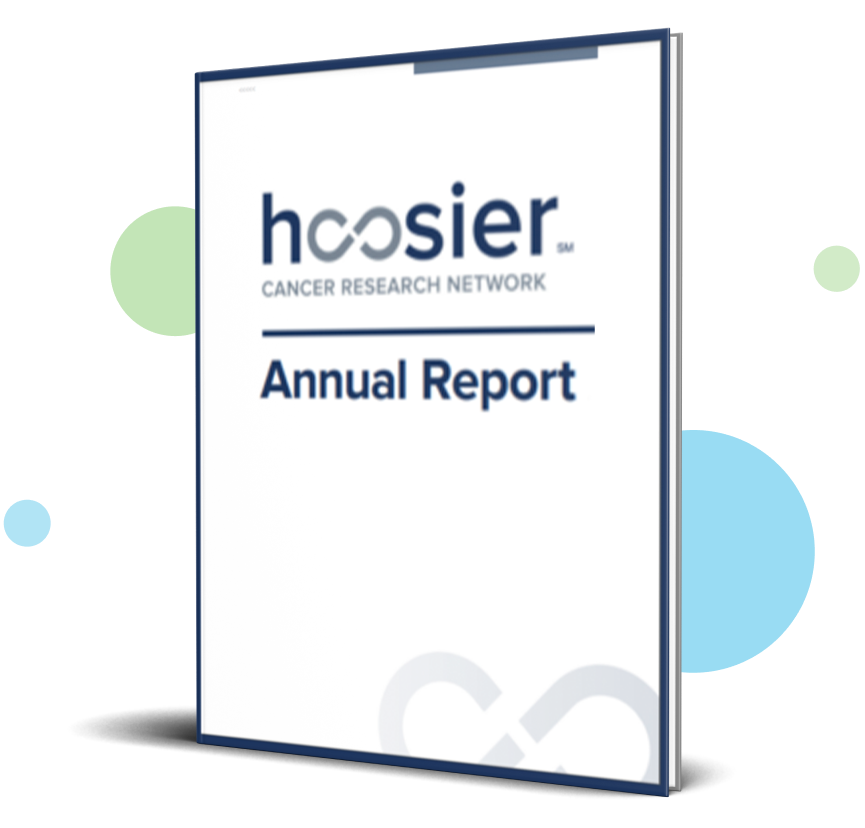With the goal of advancing cancer research, education, and patient advocacy. Staying true to this mission requires adaptability and a commitment to finding new ways to support our investigators. In this report, we highlight key metrics that showcase our achievements over the past year.


